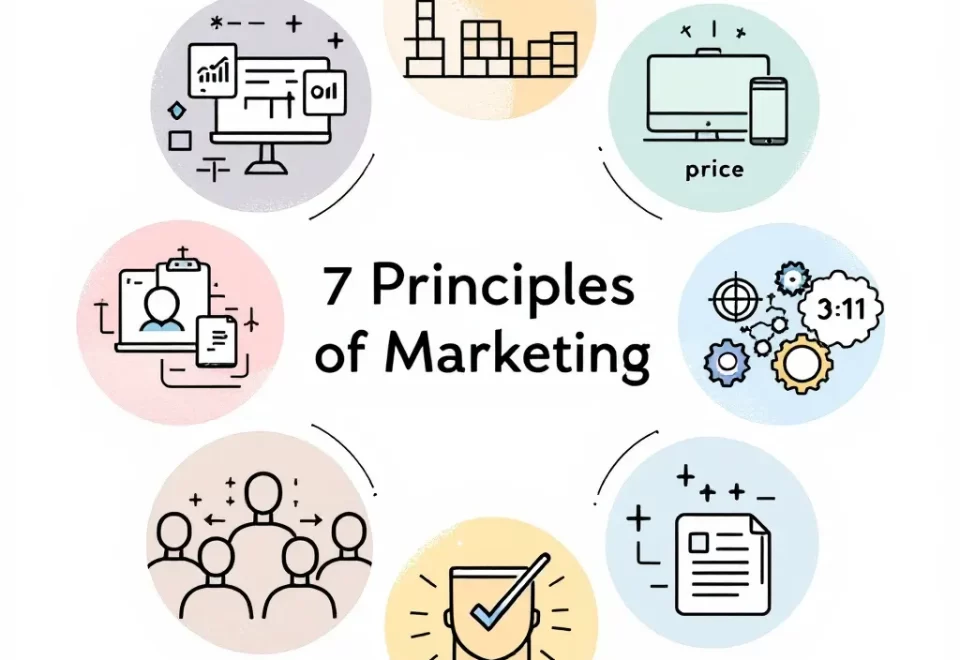Marketing campaigns are a part of everyday life.
From giant corporations hocking products that are familiar around the world to tiny, entrepreneurial online retailers trying to eke out a living, it's impossible to escape.
And the truth is that for all of these companies - big and small - marketing is necessary for their survival.
But it isn’t an easy game to play. Even companies with huge marketing budgets and an untold number of employees will make a marketing guffaw at times.
Some of these are so egregious it's hard to believe that these ideas managed to slip through the cracks and out into the world.
Fortunately, there are a lot of lessons that can be taken from these advertising faux pas.
Whether you’re part of a global conglomerate or selling print-on-demand t-shirts, there are things we can take away by looking at some of the biggest marketing fails in history.
With that, we’re going to explore some of the most iconic, most mind-bending, most thoughtless, falls from grace that we can find. Some of these examples are recent, some are decades old.
But in their abysmal foolishness, we can find a nugget of wisdom that you can apply to your own marketing efforts by avoiding making similar mistakes:
From giant corporations hocking products that are familiar around the world to tiny, entrepreneurial online retailers trying to eke out a living, it's impossible to escape.
And the truth is that for all of these companies - big and small - marketing is necessary for their survival.
But it isn’t an easy game to play. Even companies with huge marketing budgets and an untold number of employees will make a marketing guffaw at times.
Some of these are so egregious it's hard to believe that these ideas managed to slip through the cracks and out into the world.
Fortunately, there are a lot of lessons that can be taken from these advertising faux pas.
Whether you’re part of a global conglomerate or selling print-on-demand t-shirts, there are things we can take away by looking at some of the biggest marketing fails in history.
With that, we’re going to explore some of the most iconic, most mind-bending, most thoughtless, falls from grace that we can find. Some of these examples are recent, some are decades old.
But in their abysmal foolishness, we can find a nugget of wisdom that you can apply to your own marketing efforts by avoiding making similar mistakes:
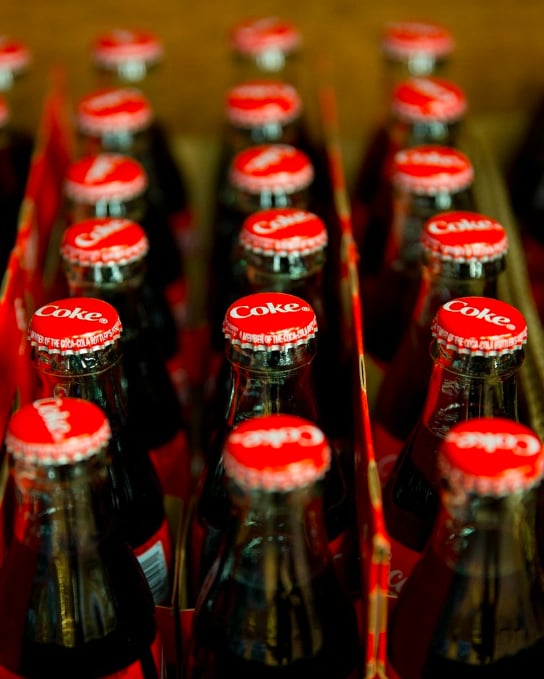
#1 New Coke
The Story
Back in 1975, Pepsi launched its “Pepsi Challenge” contest, wherein volunteers would take a blind taste test of two different sodas and say which one they preferred.The results of the tests tended to show that most people in the United States preferred the taste of Pepsi over rival Coca-Cola. The campaign resulted in higher sales for Pepsi.
Couple this with the fact that Coke had recently introduced Diet Coke, cutting into its own sales, it was starting to look like the traditional Coke could slip into second place.
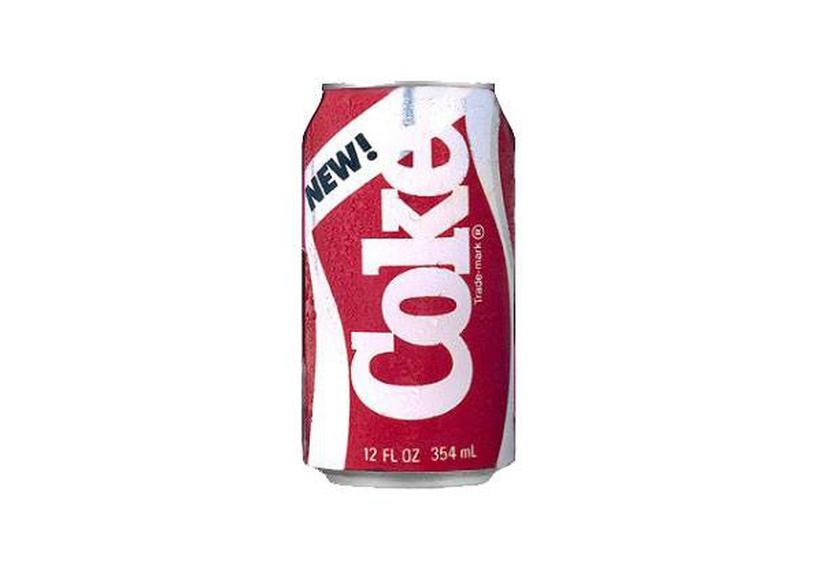
This caused Coca-Cola Company to go into damage control. So, in 1985, the company threw out its classic formula and introduced a new product by the name of New Coke.
What’s important to note is that, New Coke was introduced to the public on April 23 1985. The company halted production of the original formula the same week.
The backlash was nearly instantaneous and Coke’s sales dropped off significantly. This led to company executives announcing a short time later, at a July 11 press conference in the same year, that they would return to the original and beloved formula.
Notably, people who actually tried the new formula in a blind taste against both Pepsi and the original Coca-Cola recipe preferred new coke.
Millions of dollars were poured into research and development the flavor, marketing research, analysis, and advertising. But that wasn’t enough to convince people that something new was necessarily better.
Cuban leader Fidel Castro even got in a jab at New Coke, ordering Cuban radio announcers to declare New Coke as “symptomatic of American decay". You can also check out Coca Cola's current sales statistics and compare how their growth went through the years
What’s important to note is that, New Coke was introduced to the public on April 23 1985. The company halted production of the original formula the same week.
The backlash was nearly instantaneous and Coke’s sales dropped off significantly. This led to company executives announcing a short time later, at a July 11 press conference in the same year, that they would return to the original and beloved formula.
Notably, people who actually tried the new formula in a blind taste against both Pepsi and the original Coca-Cola recipe preferred new coke.
Millions of dollars were poured into research and development the flavor, marketing research, analysis, and advertising. But that wasn’t enough to convince people that something new was necessarily better.
Cuban leader Fidel Castro even got in a jab at New Coke, ordering Cuban radio announcers to declare New Coke as “symptomatic of American decay". You can also check out Coca Cola's current sales statistics and compare how their growth went through the years

The Lesson
Scholars and researchers have debated the lessons of the New Coke catastrophe for decades and there remain as many answers as questions.But one of the more reliable sources about what happened is Dan Keough, who worked for an executive at Coca-Cola for many years and, as the company points out, was involved in many pivotal events during his career with the company.
One of those instances was the roll out of New Coke. Looking back on the incident, Keough had some interesting insights.
“Most leaders of American companies begin to get a sense of infallibility and never want to admit a mistake. If you look at the annual reports of companies, except for Warren Buffett’s Berkshire Hathaway, everything is always perfect; no one ever made a mistake,” he said.
Following the return to its old ways though, the company started receiving love letters “like a Frank Capra script,” the executive said.
So, perhaps the biggest lesson here is that if you do make a mistake you should own up to it, admit you were wrong and correct your mistake.
“I honestly believe a lot of the outpouring of good will from the public was because we made a simple acknowledgement that we got it wrong and that we were not infallible,” Keough said.
That seems like good advice for just about everybody.
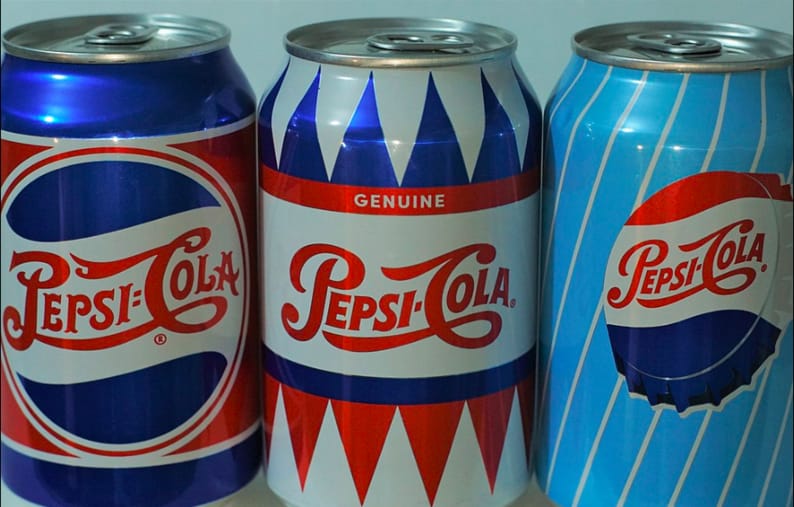
#2 The Pepsi Protest Fiasco
The Story
It’s not like Pepsi has a perfect track record when it comes to marketing either.And for a prime example we only need to look back a few years when Pepsi ran a two-and-a-half minute spot called “Live For Now.”
The ad featured Kendall Jenner leaving a cushy modeling gig to join a random - and generic - protest.
Tensions grow between protestors and police until Jenner steps forward, opening a can of Pepsi for an officer and dissolving the pressure.
Backlash against the tone-deaf ad was quick and pointed, causing Pepsi to pull the spot and apologize.

The Lesson
The lesson here is similar to the one about maintaining civility at Thanksgiving dinner. Don’t talk about politics.At least if you’re a brand like Pepsi, integrating yourself into important social issues is a bad idea. You end up trivializing the circumstances and alienating your audience.

#3 Fiat Love Letters
The Story
Back in 1994, carmaker Fiat attempted an amorous ad campaign to engage its Spanish customers.The company sent out 50,000 anonymous love letters to young women in Spain. The letters were addressed anonymously and written on pink paper.
As the Chicago Tribune reported at the time, the letters bathed their recipients in compliments and invited them to indulge in a “little adventure” after “we met again on the street yesterday and I noticed how you glanced interestedly in my direction.”
The idea was to resolve the identity of the letter sender four or five days later, at which point it a second letter would declare the writer to be the Fiat Cinquecento.
The problem was, the campaign backfired before the second letter could be sent out. Instead of drumming up curiosity it led to panic and fear that someone was stalking these women.
The Lesson
Just don’t be creepy.Attitudes toward romance and sexuality have evolved and changed for the better in recent years.
Creating a sense of unease or even dread amongst your customers isn’t going to win you any points.
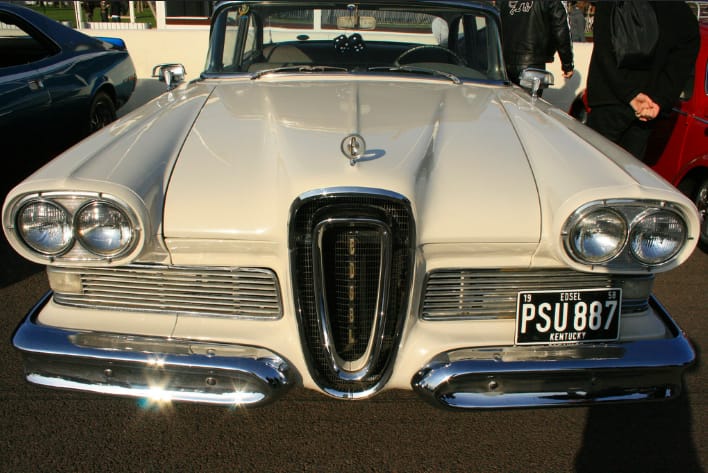
#4 Ford Edsel
The Story
The Ford Edsel eventually ended up costing the company that made it hundreds of millions of dollars between 1958 and 1960.The essential problem was that the Edsel was competing against other Ford vehicles, matching the retail value of many other cars in Ford’s Mercury line without offering anything new or different to customers.
This also happened at the time of an economic recession. Couple that with low quality control and it’s little wonder the Edsel failed to drum up customer interest.
The Lesson
Don’t compete with yourself. Don't cannibalize your own products.If you’re going to offer a new product, make sure it actually brings something different to consumers. Don’t just offer them a flashy new gimmick with a similar price tag.
If you are struggling to make profits, cut down on product cost rather than increasing the selling price without any justification.

#5 Calvin Klein’s Campaign Sells Sex (to Minors)
The Story
Back in 1995, Calvin Klein unleashed its (unofficially titled) “sex sells” campaign on the world.The company received backlash for showing teenage boys and girls in sexually provocative positions. Parents reacted strongly against the campaign, but it proved popular with younger consumers.
Klein himself came out to say that the campaign was intended to convey glamour.
All of that backlash didn’t stop the company from returning to a similar theme a few years later. In 1999, the company released an underwear campaign with even younger children.
The backlash was even more severe this time around and the company pulled the ads within 24 hours.
The Lesson
Controversy doesn’t always court success.And just because something works once doesn’t mean it will again.
Grow your marketing campaigns and change them. Don’t revisit past successes to increase sales.
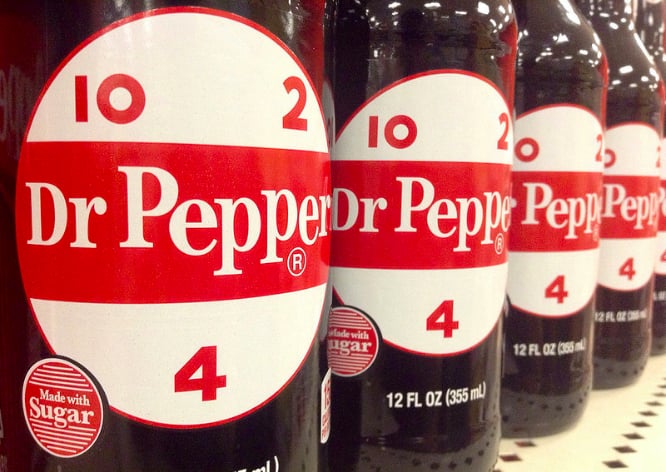
#6 Dr. Pepper’s Guns ‘n’ Roses Debacle
The Story
It seems that soda companies simply aren’t able to escape controversy.This time, the perpetrator was Dr. Pepper, who announced in mid-2008 that they would give a free can to everyone in the USA if Guns N’ Roses released their famously-delayed album Chinese Democracy the same year.
Surprisingly, the band actually did release the album (which it had been talking about since 1994) in November of 2008.
In an attempt to honor its commitment, Dr. Pepper set up a 24-hour website where people could redeem a coupon for a free can of Dr. Pepper. Still, many complained that they couldn’t download the coupon.
Famously cantankerous singer Axl Rose would go on to demand an apology from the company. While Dr Pepper did go on to resolve the coupon issue, it never actually said the word “sorry".
The Lesson
Don’t make offers you can’t follow through on.While Dr. Pepper did appear to have the support of the band at the beginning of the campaign, they didn’t seem prepared to actually deliver on their promise of the album came out.
That left them in an awkward position and facing a backlash from fans and customers thanks to the perceived slight.
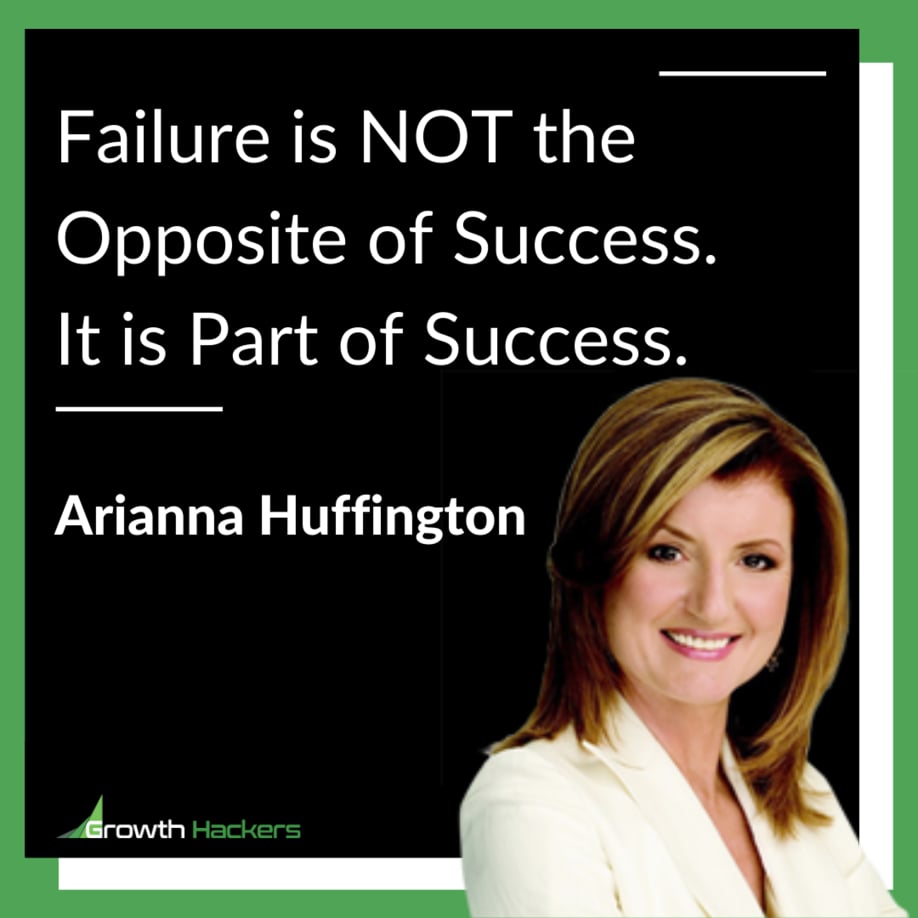
What to learn from those historical marketing disasters?
These are some of the biggest marketing mistakes in history, perpetrated by some of the world’s most recognized brands. If you want your business to succeed, you can get inspiration from these successful growth hacking examples.What should be obvious is that anyone can make mistakes, big or small.
By looking at the examples set by others (even giant corporations like Coca-Cola and Ford), any entrepreneur can learn what not to do.
Growth Hackers is an award-winning startup marketing agency helping you succeed with your marketing campaigns. We help you build your online brand while helping you generating leads, improving conversions and increasing your revenue. How do we do it? First, I can ensure you that by working with us, you'll never have a marketing disaster like the ones mentioned above. But, that's a given. We'll do more than prevent you from failure, we'll make you succeed. Enter in contact with Growth Hackers today if you want to bring your business to the next level.




